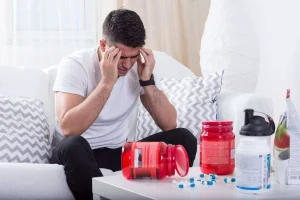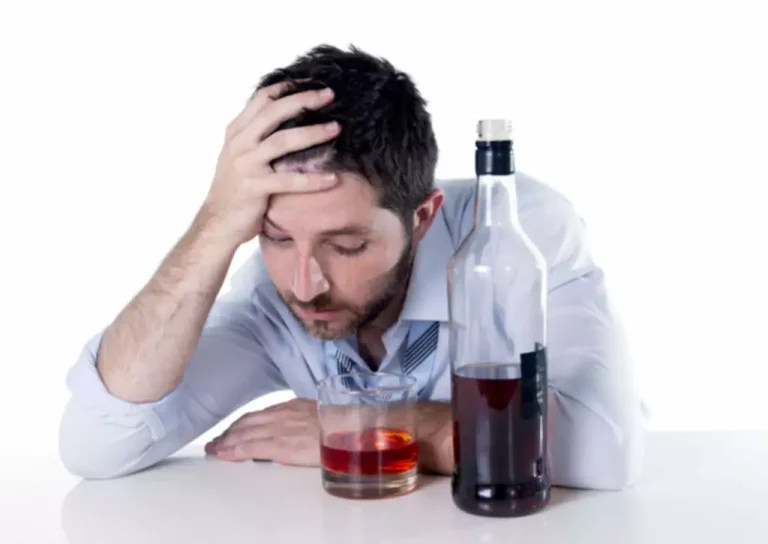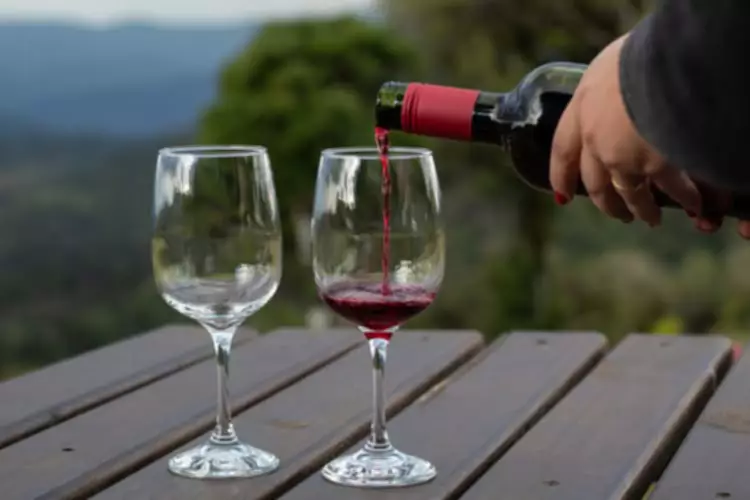Relationships in Recovery: Balancing Personal and Partner Needs

It’s common for people who face addiction issues to feel isolated and ashamed; group therapy sessions allow participants to meet people with similar stories, easing these feelings. This creates a sense of community and a safe space to talk openly about one’s emotions, which has the natural tendency to create feelings of intimacy between participants. Valentine’s Day brings with it thoughts of love, but for those involved in romantic relationships in early recovery, such love can be a sobriety hazard.
Anger and Abuse
The risk of relapse is high in early recovery, and they should know this. You should also let them know that your recovery has to come first, as otherwise, https://ecosoberhouse.com/ you could lose everything (including your relationship). After stopping drinking or using after a long time, you go through withdrawal.
Relationships interact with addiction and recovery efforts.
Most people in addiction recovery have some relationships that are supportive and helpful, some that are risky or harmful for their recovery in some way, and some that are a little bit of both. Even the relationships that are generally supportive can be stressful at times, which can create high risk for recovery setbacks. An essential skill for recovery is finding ways to minimize the romantic relationships in recovery harmful effects and maximize the helpful effects of relationships on addiction recovery efforts. There isn’t much guidance on this, and many people in recovery are given the message that their relationships can wait until they’re further along in recovery. That makes the process of relationship recovery pretty abstract for people who aren’t engaged with couple or family therapy.
- There is a large body of research showing that addiction can have negative impacts on relationships, and I have never met someone in recovery who was unaware that addiction hurts loved ones.
- Once the symptoms become worse, individuals may self-medicate and turn to substance abuse for support.
- Substance abuse is frequently a significant factor in troubled relationships, but it’s rarely the only issue.
- The FHE Health team is committed to providing accurate information that adheres to the highest standards of writing.
Sobriety & recovery effects on relationships
It could also possibly cause the boyfriend to panic, if he does not desire to make a commitment at this time. In most cases, it is recommended to follow through with a full year of treatment before engaging in romantic behavior, and even then, those in recovery should be careful about who they choose to date. Romance during recovery can sometimes lead to codependency, an imbalanced relationship in which one member enables another’s self-destructive behavior. This is especially dangerous if that self-destructive behavior is a relapse into addiction. Engaging in romantic behavior too early during the recovery process can lead to several potential problems. Listening to the stories of other families can help you understand the nature of addiction and recovery.

Couples in Therapy
- It’s common for people who face addiction issues to feel isolated and ashamed; group therapy sessions allow participants to meet people with similar stories, easing these feelings.
- Addiction affects the brain, leading to changes in mood, behavior, and even physical health.
- As social creatures, recovery comes with many nuances in relationships.
- Even if you could pursue a romantic relationship without sacrificing the effort you’ve been putting toward your recovery, it’s still not a good idea.
- Her experiences and her treatment taught her that a partner who could respect and support her sobriety would also respect and support her as a romantic partner.
That is one reason people sometimes find that even though their addiction recovery is going well, their relationship recovery is lagging behind. Since your brain is flooded with many neurotransmitters, it is not ‘chemically balanced’. Some of these chemical occurrences can mimic the experience of a high from illicit drugs and alcohol. Drug addicts may be strongly affected by the normal euphoric feelings of a romantic relationship. At the same time, emotionally intense social connections have the potential to cause problems.
- However, those in recovery, especially in the earlier stages of recovery, are still getting used to sobriety and trying to steer clear of situations that might lead to relapse.
- Adding a relationship to this may cause you to be on an even more turbulent emotional roller-coaster.
- When a relationship takes center stage, the dedication to recovery from drugs and alcohol might wane, leading to neglected responsibilities and weakened resolve.
- Getting involved in or maintaining a close relationship with anyone who regularly uses alcohol or other drugs, particularly in your presence, places you at considerable risk.
- Be gentle with yourself, and make sure that you’re ready to leave a toxic or unhealthy relationship when necessary to replace it with beneficial ones that help you thrive and grow.
Substituting Addictions

Relationships can be a source of support, or they can be stressors that threaten sobriety. It’s very common for loved ones to blame relationship distress on the addiction, and that idea is often reinforced by movies, recovery meetings, and even treatment providers. What about the ways that loved ones may be unintentionally making it more difficult for someone to stay sober? Those topics get much less attention, and people may feel guilty about even considering that their relationships have contributed to their substance use. It is suggested that people in recovery wait a full year before engaging in romantic relationships. This provides enough time to focus solely on their mental health and well-being while also learning how to deal with the emotional aspects of romance that can negatively impact the recovery journey.

Active SUD vs. relationships in recovery
Your Future Starts at Silvermist
- This is a time when inner reflection, personal evaluation and the gaining of new insights, skills and behaviors must be prioritized in order to have the best chance for achieving one’s sobriety goals.
- If your past relationships were built on unhealthy dynamics, take time to heal those patterns before starting something new.
- Recovery is certainly an important step, but not the only hurdle involved in a healthy relationship.
- No matter whether you’re interested in friendships, rebuilding family relationships, or you’d like to explore dating and physical intimacy, your recovery has to come first.
Surround Yourself With Positive People



